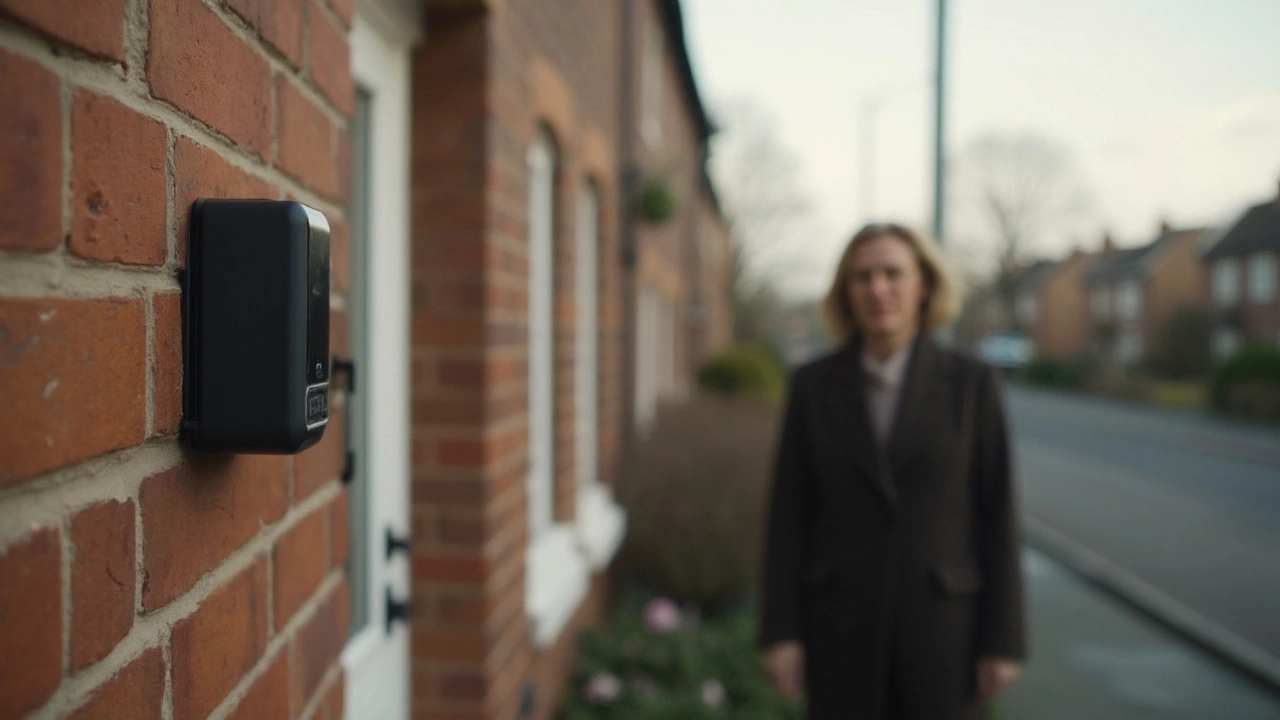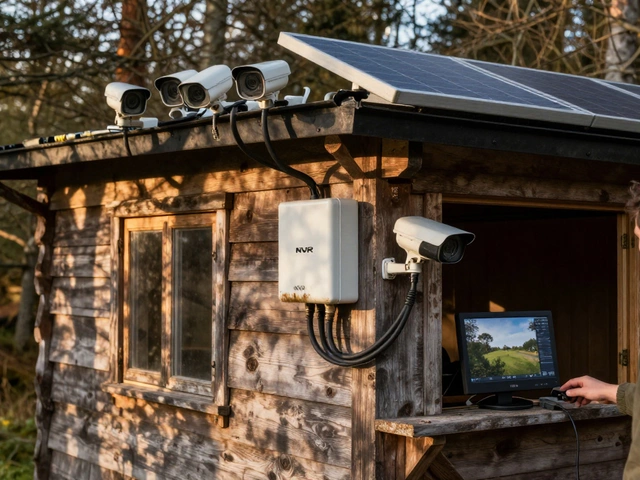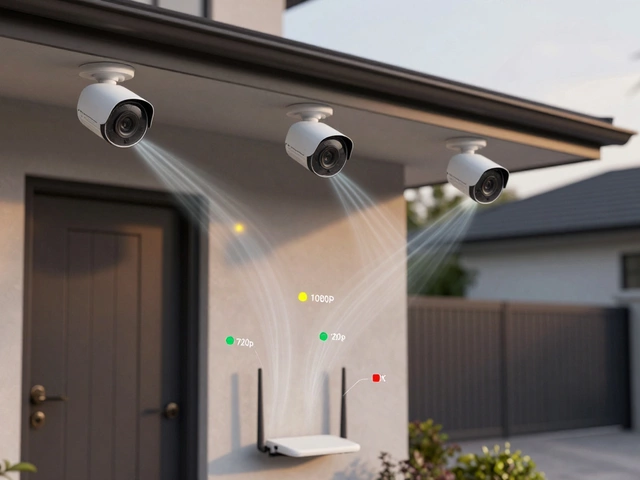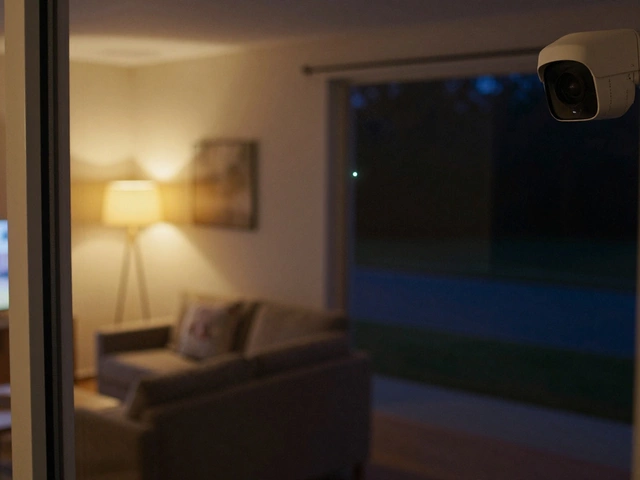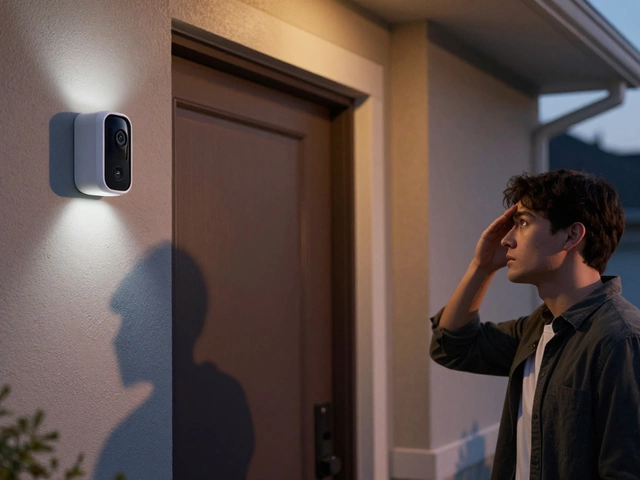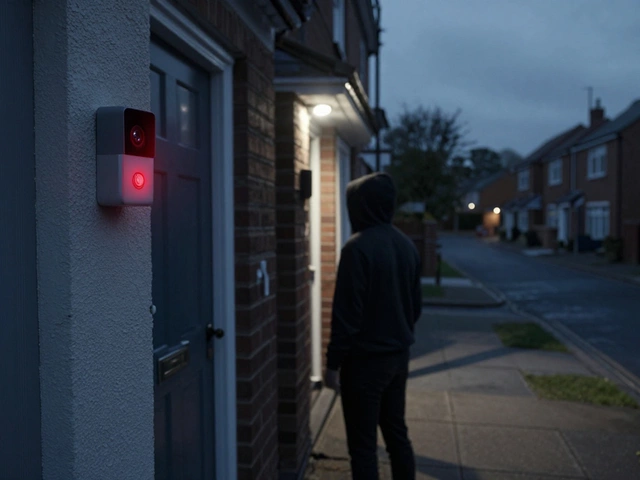Home Security Privacy: Keep Your Home Safe and Your Data Private
When you add a video doorbell or a Wi‑Fi camera, you’re not just improving safety – you’re also opening a door to data collection. The good news is you can enjoy high‑tech protection without letting strangers peek into your life.
Why Privacy Matters in Modern Home Security
Smart doorbells like Ring or generic video doorbells stream footage to the cloud. That data can be accessed by the provider, law enforcement, or even a curious neighbour. A recent post on our blog, Can Neighbours Legally Complain About Ring Doorbells?, explains that UK surveillance laws require you to respect neighbour privacy, but many homeowners overlook it.
Wi‑Fi security cameras bring similar worries. Wi‑Fi Security Camera Risks highlights three big threats: hacking, accidental sharing, and unreliable storage. When a camera is always online, a weak password can let a hacker watch your living room while you’re at work.
Practical Steps to Keep Your Data Safe
1. Secure Your Network. Change default passwords on every device, use a strong, unique passphrase, and enable two‑factor authentication where possible. If your router supports a guest network, put all smart cameras there – it isolates them from your main devices.
2. Pick the Right Storage Option. Some doorbells store video locally on a microSD card, while others rely on cloud subscriptions. Local storage means no monthly fees and less data leaving your home, but you must protect the card from theft. If you go cloud, read the provider’s privacy policy and adjust settings to limit data sharing.
3. Mind the Placement. Position cameras so they capture your property, not the neighbour’s garden or street. This reduces the chance of complaints and keeps you on the right side of the law. Our guide on neighbour privacy offers a quick checklist for angles and distances.
4. Turn Off Features You Don’t Need. Many devices have motion‑triggered recording, continuous streaming, or audio capture. Disable continuous recording if you only need alerts for motion. That cuts down on data upload and protects your privacy.
5. Stay Informed About Laws. The UK’s GDPR and surveillance regulations evolve. A post titled Can You Get in Legal Trouble for Having a Ring Doorbell? breaks down the most recent rulings, so you know when you might need to inform neighbours or adjust your setup.
Finally, remember that privacy is a habit, not a one‑time setting. Regularly check firmware updates, review app permissions, and audit who has access to your footage. By taking these small steps, you get the peace of mind that comes from a secure home without sacrificing your personal data.

